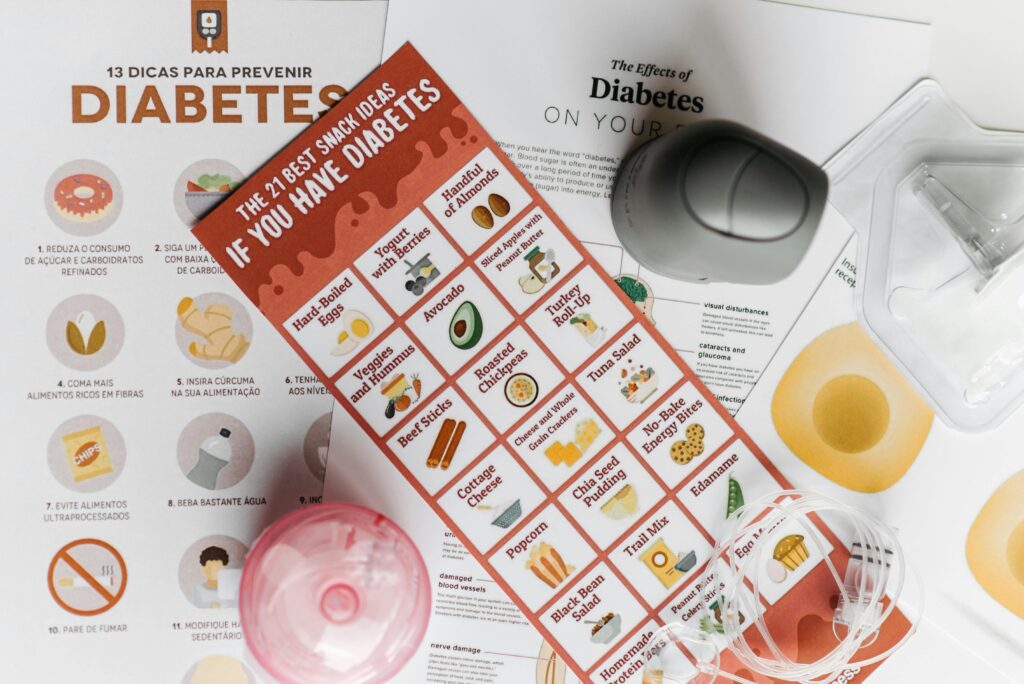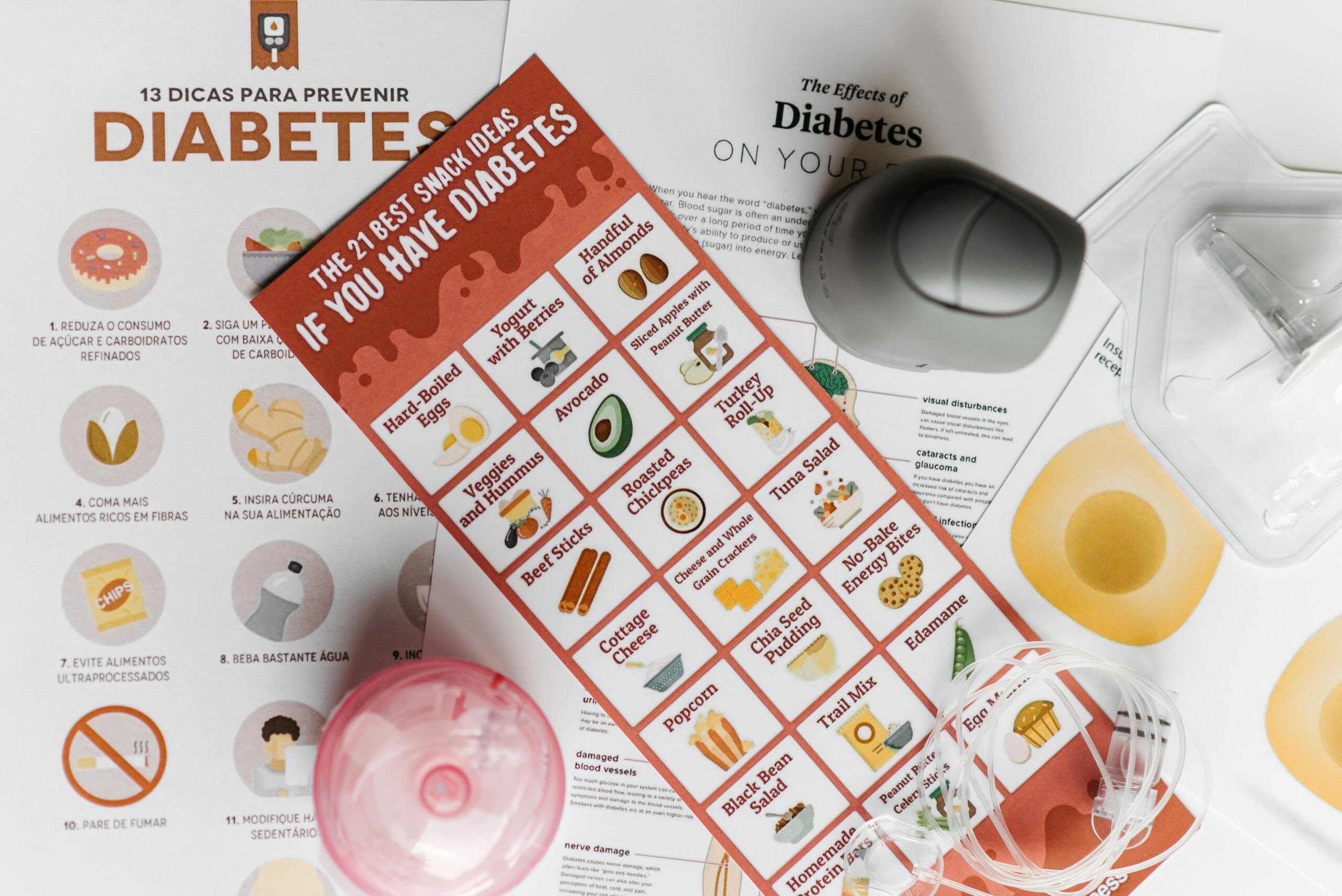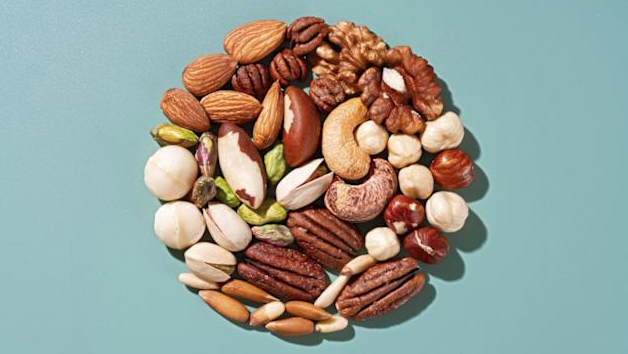Inflammation is a vital biological process designed to protect the body from harm. However, when inflammation persists, it becomes a silent killer, contributing to the development of many chronic diseases, including heart disease, diabetes, arthritis, and even cancer.
Emerging science clearly shows that the foods we eat significantly impact the body’s inflammatory response.
“Learn how dietary patterns and inflammation are deeply connected. Discover expert tips to adopt anti-inflammatory diets for better health, disease prevention, and vibrant living.“
In this comprehensive guide, we’ll explore how dietary patterns influence inflammatory diseases, which foods help or harm, and how you can adopt an anti-inflammatory lifestyle to boost long-term health.

Understanding Inflammation and Metabolic Health
Inflammation is the body’s natural defense mechanism against injury and infection. However, when inflammation becomes chronic, it can damage tissues and organs, leading to a wide range of health problems. Metabolic health refers to the optimal functioning of processes that regulate energy production and usage in the body, including blood sugar levels, cholesterol, and blood pressure.
Poor metabolic health often accompanies chronic low-grade inflammation. This combination increases the risk of developing serious diseases. Luckily, nutrition plays a pivotal role in modulating inflammation and metabolic health.
How Dietary Patterns Affect Inflammation
Research shows that certain dietary patterns can either trigger or reduce inflammatory responses in the body. Here are the most important findings:
1. The Western Diet and Inflammation
The “Western Diet,” characterized by high intakes of processed foods, refined sWhat is Inflammation and Why Should You Care?
Inflammation is the immune system’s way of defending the body against injury, infection, and toxins.
There are two types of inflammation:
- Acute inflammation is short-term and helps the body heal (like swelling after a cut).
- Chronic inflammation is long-term and harmful, often silent, and plays a critical role in many serious diseases.
Chronic Inflammatory Diseases Include:
- Rheumatoid arthritis
- Cardiovascular disease
- Diabetes type 2
- Alzheimer’s disease
- Obesity-related conditions
- Inflammatory bowel disease (IBD)
Key takeaway: Managing chronic inflammation through nutrition could prevent or slow the progression of these diseases.
Focus Keyword: dietary patterns and inflammation
How Diet Influences Inflammation: The Science Explained
The foods you eat affect your body’s internal balance, promoting either pro-inflammatory or anti-inflammatory responses. Certain nutrients and compounds found in foods regulate inflammation at the cellular level.
Mechanisms Through Which Diet Affects Inflammation:
- Oxidative Stress: Poor diets increase oxidative stress, triggering inflammation.
- Gut Health: Imbalanced gut microbiota from bad diets causes systemic inflammation.
- Immune Activation: Certain foods upregulate inflammatory immune responses.
- Hormonal Fluctuations: Blood sugar spikes from unhealthy foods lead to insulin resistance and inflammation.
Pro-Inflammatory Dietary Patterns: What to Avoid
Some modern eating habits dramatically increase inflammation. Here’s what to limit or avoid:
1. High Sugar and High Fructose Intake
- Increases pro-inflammatory cytokines
- Promotes obesity and insulin resistance
Sources:
- Soda, candies, cakes, pastries, sweetened cereals
2. Refined Carbohydrates
- Strip away beneficial fiber
- Cause blood sugar spikes and oxidative damage
Sources:
- White bread, white rice, packaged snacks
refined carbs and inflammation
3. Trans Fats
- Induce systemic inflammation
- Raise LDL (“bad” cholesterol) and lower HDL (“good” cholesterol)
Sources:
- Fried foods, margarine, processed baked goods
unhealthy fats and inflammation
4. Processed and Red Meats
- Rich in saturated fats, preservatives, and advanced glycation end-products (AGEs)
Sources:
- Bacon, sausage, deli meats, burgers
processed meats and inflammation
Anti-Inflammatory Dietary Patterns: What to Embrace
Fortunately, many foods naturally fight inflammation and support healing.
1. Mediterranean Diet
- High in fruits, vegetables, whole grains, legumes, nuts, and olive oil
- Proven to lower inflammatory markers like CRP and IL-6
Key Components:
- Olive oil
- Fatty fish (salmon, sardines)
- Leafy greens
- Nuts and seeds
Keyword: Mediterranean diet benefits
2. Plant-Based Diets
- Promote gut health
- Provide phytonutrients and fiber
Includes:
- Beans, lentils, tofu, tempeh
- A wide range of vegetables and fruits
Keyword: plant-based anti-inflammatory foods
3. DASH Diet (Dietary Approaches to Stop Hypertension)
- Reduces blood pressure and inflammation
- Emphasizes fruits, vegetables, and low-fat dairy
Keyword: DASH diet and inflammation
Nutrients That Combat Inflammation
Here are the most powerful anti-inflammatory nutrients and where you can find them:
| Nutrient | Benefits | Food Sources |
|---|---|---|
| Omega-3 Fatty Acids | Reduce inflammatory molecules | Salmon, chia seeds, walnuts |
| Fiber | Regulates gut microbiome | Beans, oats, fruits |
| Polyphenols | Neutralize oxidative stress | Berries, green tea, dark chocolate |
| Vitamins C and E | Antioxidant defense | Citrus fruits, spinach, almonds |
| Curcumin | Blocks inflammatory pathways | Turmeric |
Focus Keyword: anti-inflammatory nutrients
The Gut-Inflammation Connection
The gut microbiome plays a central role in regulating inflammation.
An unhealthy gut:
- Releases endotoxins that trigger immune response
- Weakens the intestinal barrier (“leaky gut”), allowing harmful compounds into the bloodstream
How to Improve Gut Health:
- Prebiotics: Garlic, onions, bananas
- Probiotics: Yogurt, kefir, kimchi
- Fiber-Rich Foods: Beans, lentils, oats
Keyword: gut health and inflammation
Scientific Evidence Linking Diet to Inflammation
1. PREDIMED Study (Spain)
Participants on a Mediterranean diet had significantly lower CRP levels than those on low-fat diets.
2. Nurses’ Health Study (USA)
High consumption of sugar-sweetened beverages was linked to higher levels of inflammatory markers.
3. EPIC Study (Europe)
Plant-based diets correlated with reduced inflammation and lower risks of heart disease.
Practical Daily Tips to Eat Anti-Inflammatory
- Eat More Plants: At least 70% of your plate should be fruits, vegetables, and legumes.
- Choose Healthy Fats: Use olive oil, avocado, and fatty fish instead of butter or lard.
- Limit Processed Foods: Shop the perimeter of the grocery store.
- Snack on Nuts: Almonds, walnuts, and pistachios make excellent anti-inflammatory snacks.
- Hydrate Well: Water flushes out toxins and supports cellular health.
- Incorporate Herbs and Spices: Turmeric, ginger, cinnamon, and rosemary have potent anti-inflammatory properties.
Keyword: healthy eating for inflammation
Challenges in Following an Anti-Inflammatory Diet
While an anti-inflammatory diet is powerful, barriers exist:
- Cost: Organic and fresh produce may be expensive.
- Time: Meal prepping healthy foods takes effort.
- Cultural Habits: Traditional diets high in processed foods can be hard to shift.
Solutions:
- Start small (one meal per day)
- Buy frozen fruits and vegetables
- Plan meals ahead of time
- Find community support or a nutritionist
Inflammatory Foods to Watch Out For
Be wary of hidden inflammation triggers:
- Commercial Salad Dressings: Full of added sugars and unhealthy oils
- Granola Bars: Many contain high fructose corn syrup
- Frozen Meals: High in sodium and preservatives
Always read labels carefully and prioritize whole foods whenever possible.
Supplements to Support Anti-Inflammatory Diets
While food should be your first choice, certain supplements may help:
- Fish Oil Capsules (omega-3)
- Turmeric (Curcumin) Supplements
- Probiotics
- Vitamin D3
Always consult a healthcare provider before starting supplements.
The Future: Personalized Nutrition for Inflammation
With advances in genetic testing and microbiome mapping, soon we’ll be able to tailor anti-inflammatory diets specifically to each person’s unique biology. Personalized nutrition could dramatically improve disease prevention and management.



